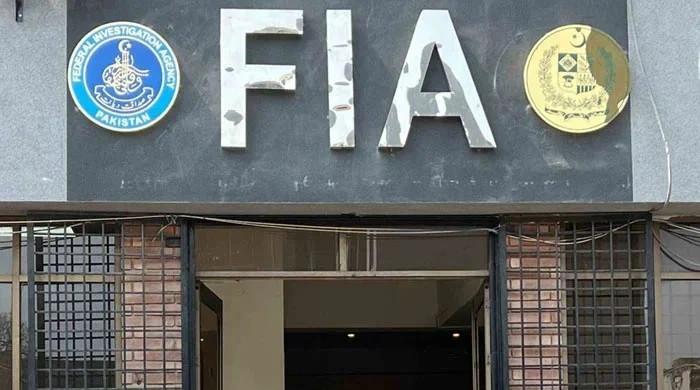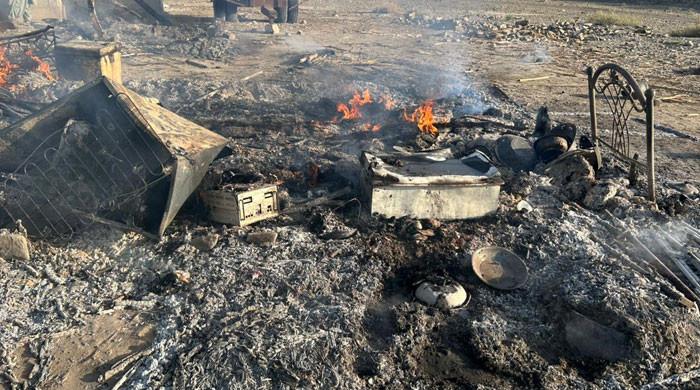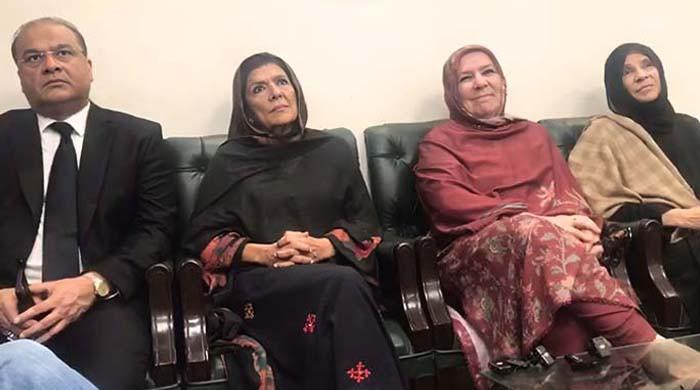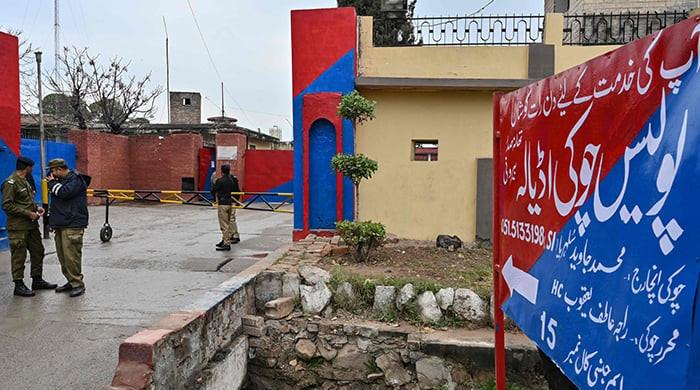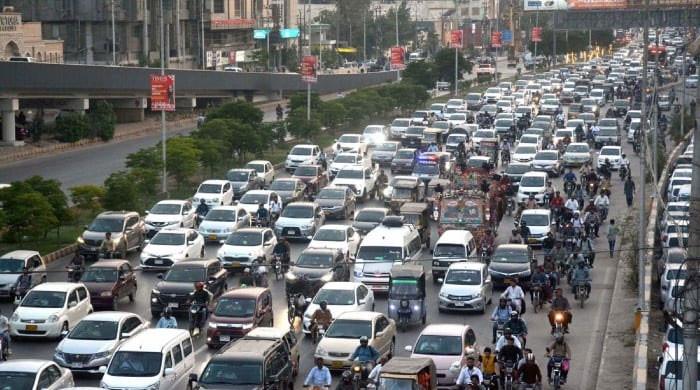After UK, South African and Brazilian variants have entered Sindh: Dr Azra Pechuho
"If you do not do Eid shopping this year, it won't be that big of a deal," health minister says, urging people to avoid moving about
April 30, 2021
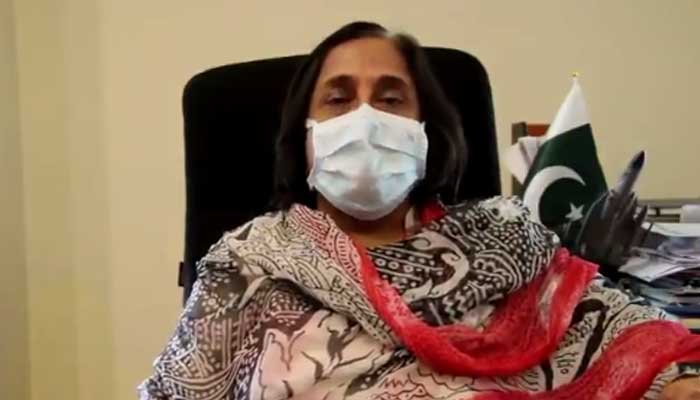
- Sindh health minster warns residents that after the UK coronavirus variant, the South African and Brazilian variants have also been detected in the province.
- Warns the latter two "are not vaccine responsive" and so someone who catches COVID-19 via one of these strains is likely to fall "very ill.
- Urges people to restrict movement; "if you do not do Eid shopping this year, it won't be that big of a deal".
Sindh Minister for Health Dr Azra Pechuho on Friday warned residents that they must take extra precaution in the wake of first the UK and now the South African and Brazilian coronavirus variants being detected in the province.
In a video message released by the Health and Population Welfare Department of Sindh, Dr Pechuho said that in a genomic study carried out by Aga Khan University Hospital of 13 samples, 10 were found to have the UK variant, one had the South African variant and one had the Brazilian variant.
"So you can understand the nature of the emergency, the pressure that it can cause on hospitals. The UK variant is one that spreads very fast. It has an infectivity rate of 60% and a fatality rate of 68%," she said, adding that the fatality rates of the South African and Brazilian variants are also "very high".
Dr Pechuho said that what adds to the concern is that the South African and Brazilian variants "are not vaccine responsive" and so someone who catches COVID-19 via one of these strains is likely to fall "very ill" despite being inoculated.
She advised the masses to avoid crowds, including small social gatherings inside homes, as well as travelling unnecessarily.
"If you do not do Eid shopping this year, it won't be that big of a deal," she said.
The health minister said that the "carelessness" being shown by the masses in general has sent alarm bells ringing, warning that the health infrastructure will be completely overwhelmed with ventilators, oxygen and beds proving insufficient if things continue this way.
Dr Pechuho warned that if we do not take the required precautions, we could face a situation like that of India.
She said that we should adopt a "pro-active approach", because if the situation aggravates, "there is no way to stop it".
"We may have to do a lockdown but before that happens, take care of yourselves, your loved-ones and your neighbours, because humanity demands that we take care of and think of others," the health minister stressed.






